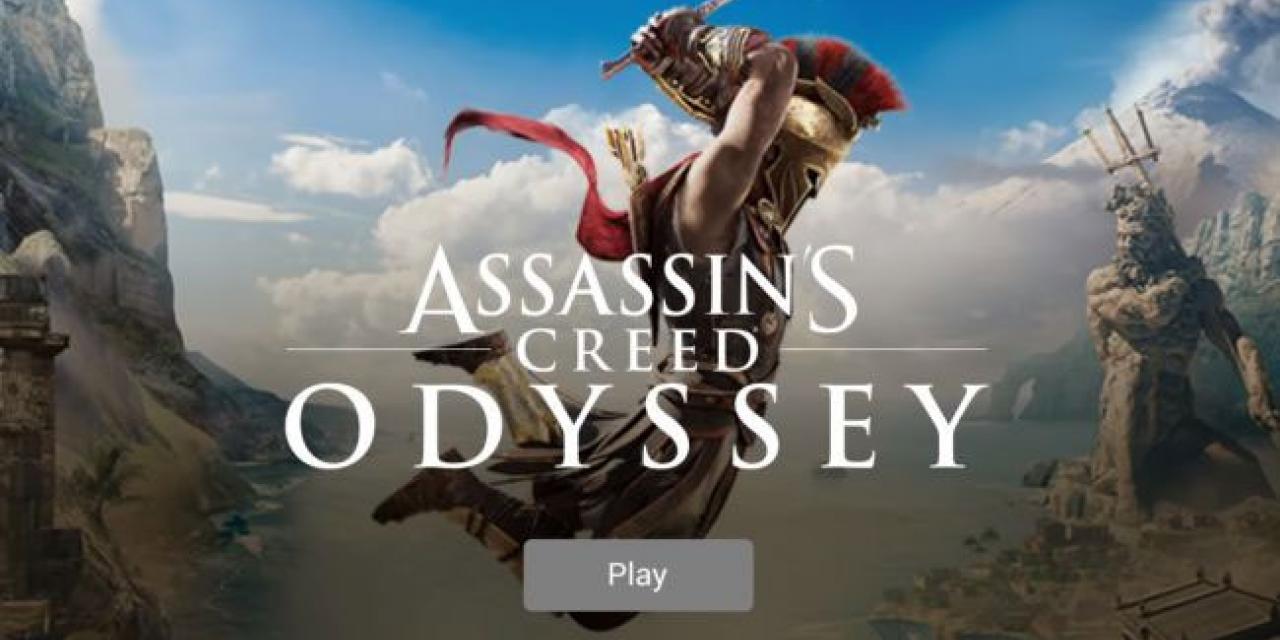
Google's Stadia game streaming platform could well change the face of gaming as we know it, opening up high-end, AAA PC games to consoles gamers, mobile users, tablet players, and TV watchers, expanding PC gaming's potential audience by hundreds of millions of people, if not billions. It means that gamers don't need to buy expensive PC hardware to join in with their favorite games. It means not having to conduct big downloads, worry about driver updates, patches, or saves being locked to a local machine.
But it's not perfect and there's a lot we don't know about Stadia just yet. So let's take a look at some of its potential positives, and probable pitfalls, as we analyze the latest attempt to bring game streaming to the masses.
Good -- Hardware agnosticism
One of the major advantages of game streaming is that all you need at the local level is something capable of decoding the video signal and a way to input your commands. With Google offering its own controller for Stadia, the input mechanism is handled, so all you really need is a screen. With Google planning to support Android, Windows, MacOS, iOS, and Linux, there aren't many pieces of hardware in the world that won't support it.
That means that just about anyone can play on Stadia. It also means you can continue gaming on your phone after you played on your laptop or console, switch to your tablet, and then to your desktop quite seamlessly.
Good -- Visuals
Google is offering up to 4K HDR streaming with Stadia, which means that everyone can enjoy playing games at the highest possible resolution and at high detail levels. Frame rates may be another thing entirely, but that is just a question of hardware, so should improve over time.
Along with the hardware agnosticism of the platform, Stadia means that gamers can benefit from higher resolutions and details without needing the hardware to run it or display it. A 4K stream will still look better than a 1080P one on a 1080P TV and it's certainly cheaper to play a stream on an Xbox One than it is to buy a 4K gaming PC with a high-end graphics card.
Good -- The hardware
Google isn't scrimping on the systems it plans to run the streamed games on. To hit that 4K HDR detail level it's using a custom AMD GPU which is said to be able to output some 10.7 teraflops of power. Considering that specification, the 56 Compute units the GPU supports, and HBM2 memory, it sounds like a modified Vega 56 to us.
This will be paired up with 16GB of system memory, and a custom x86 processor which is said to run at 2.7GHz with support for hyperthreading. That suggests it's an Intel chip, though not a hugely high-end one at that frequency. Perhaps it will be a large, multi-core chip to handle multiple streams. That wouldn't be surprising for a lower frequency like that.
Good -- Latency
Early reports on the latency, or the time it takes to input a command, have the game register it and send the video signal back to show you the result of your action, are good. People claim that it's very difficult to tell the difference between gaming locally and playing on a Stadia stream. However, this is only at the Game Developer Conference, where connections are fantastic. How will this perform in the home? How will Stadia handle wonky connections or outages, what kind of bandwidth will be required? How much data will it use? All of that is still up in the air.
Bad -- Latency
As fast as Google makes Stadia, it will never be as quick as local gaming, even in ideal settings. Even if the lag is imperceptible, it will be there, meaning you will be playing at a disadvantage in fast paced, competitive games. Certain genres may never be quite as playable on Stadia as they would be on a local machine.
This is in ideal settings too. In hard to reach areas, or places with unstable internet connections, or low speed, high-latency connections, Stadia just isn't going to work very well. It is going to be a tool for major city gamers and those in well connected suburbs, but rural gamers may find Stadia difficult to enjoy to the fullest.
Bad -- Supporting games
At this time only the 2016 DOOM and Assassin's Creed Odyssey have been confirmed launch titles for Stadia. While Google is said to have partnered with Ubisoft, Crytek, Tequila Works, and Epic Games, among others, it's now known yet how many games will be available on Stadia, nor how gamers will access them.
Will there be a library of games everyone can play, or will you have to buy games individually?
Unknown -- Cost
Google hasn't given out any details of costs, plans, or subscriptions as of yet. That means we don't know what Stadia will cost, nor what kind of service it will offer. Will it be like Netflix for games? Or more like Amazon Prime, where some content is provided in the overall service, but you have to pay individually for other games?
Cost will make or break Stadia. If it's a few dollars a month, it could go over very well. But there are other game streaming services out there and their price is something that holds a lot of people back. If Google tiers pricing too much it could put gamers off too.
Unknown — Release
So far, all we know about Stadia's release is that it's coming in 2019. When in 2019, is another question entirely. When it does debut, it will release in the US, UK, Western Europe, and Canada simultaneously, with plans for further expansion down the line if it proves successful.
More information on Stadia is coming this summer, so don't expect a full release until much later in the year.








